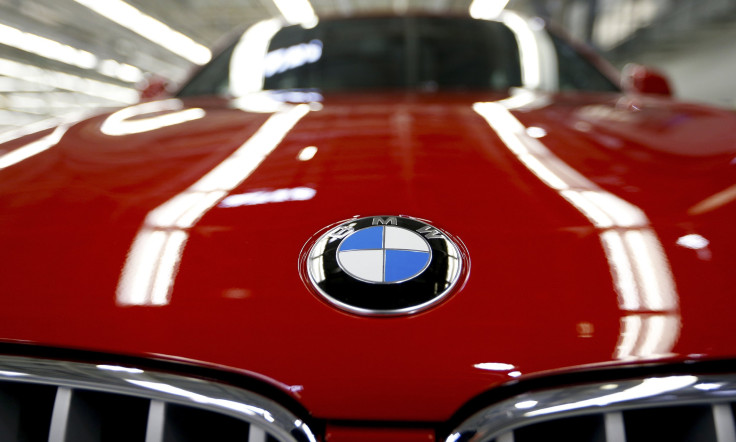BMW Settles Racial Discrimination Lawsuit, Company To Pay $1.6M And Rehire Black Employees In South Carolina Facility

BMW Manufacturing Co. LLC Tuesday agreed to pay $1.6 million and rehire 70 black employees settling a 2-year-old racial discrimination lawsuit. The U.S. Equal Employment Opportunity sued BMW in 2013 alleging the company’s criminal background check procedures to employ candidates for its Greer manufacturing facility in South Carolina unequally affected blacks.
According to BMW’s guidelines, no one with a criminal background within the past seven years could be hired. However, after a new contractor came on board, the company began a fresh round of background checks and dismissed anyone with a criminal record from any year, the Associated Press reported. The federal agency said 88 workers were fired, of whom 70 were black and some had worked for the company for over 10 years.
BMW denied the allegations Tuesday saying that it does not discriminate by race “as evidenced by its large and highly diverse workforce,” according to USA Today.
“We are pleased with BMW’s agreement to resolve this disputed matter by providing both monetary relief and employment opportunities to the logistic workers who lost their jobs at the facility,” Lynette Barnes, regional attorney for the Charlotte District Office, where the lawsuit was filed, reportedly said. “We commend BMW for re-evaluating its criminal conviction records guidelines that resulted in the discharge of these workers.”
BMW, along with nine of the world’s largest automakers, is involved in another lawsuit that alleges the companies kept customers in dark about the risk of keyless ignitions, which have been available in the U.S. since at least 2003.
The lawsuit filed late August alleged that many users believed that after taking their electronic key fobs with them, the engine would shut down automatically, but the vehicle kept running. This harmed the lives of people who inhaled the "deadly" carbon monoxide, the plaintiffs reportedly said, adding that the defect had claimed the lives of 13 people and injured several others.
The complainants also alleged that the defect reduced the resale value of their cars. The suit, which seeks a class-action status, calls for compensatory and punitive damages, and an injunction requiring companies to install automatic shut-off features on current and future vehicles with keyless ignitions.
© Copyright IBTimes 2024. All rights reserved.












